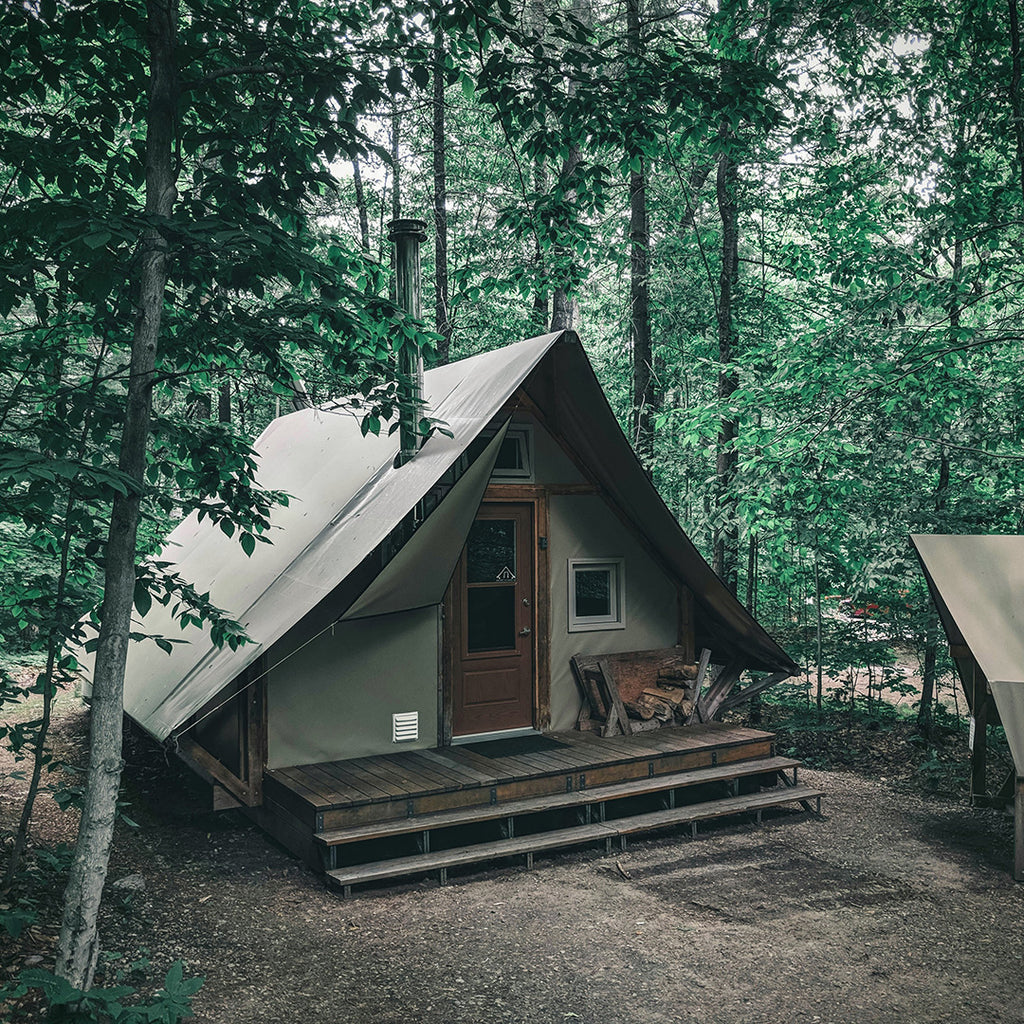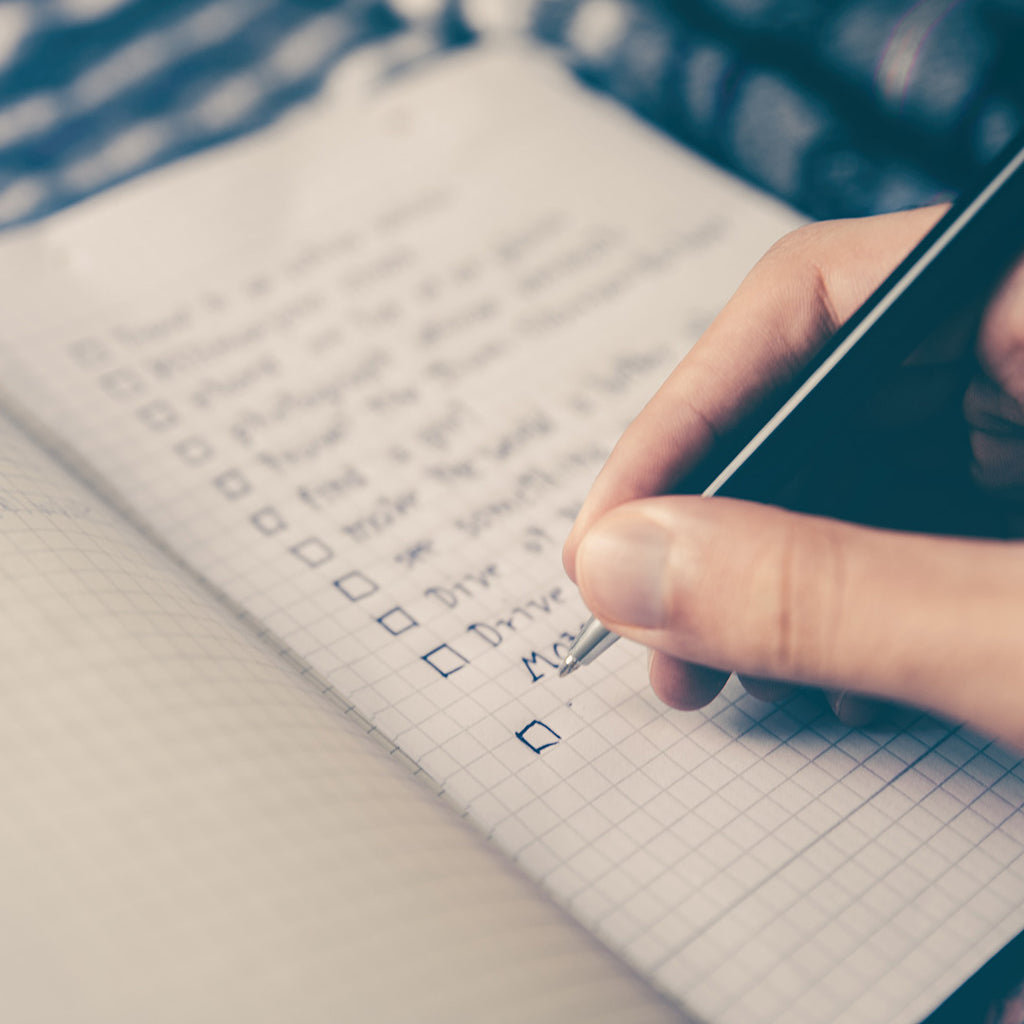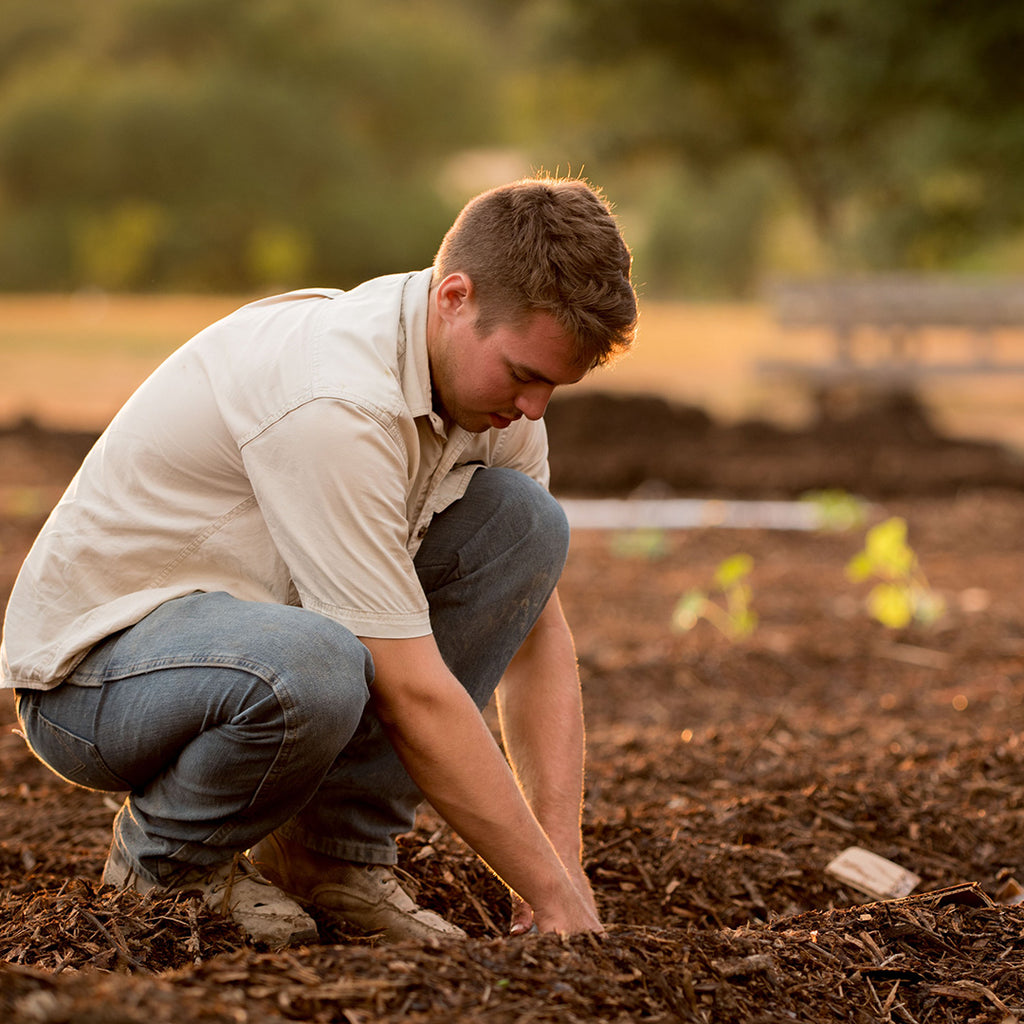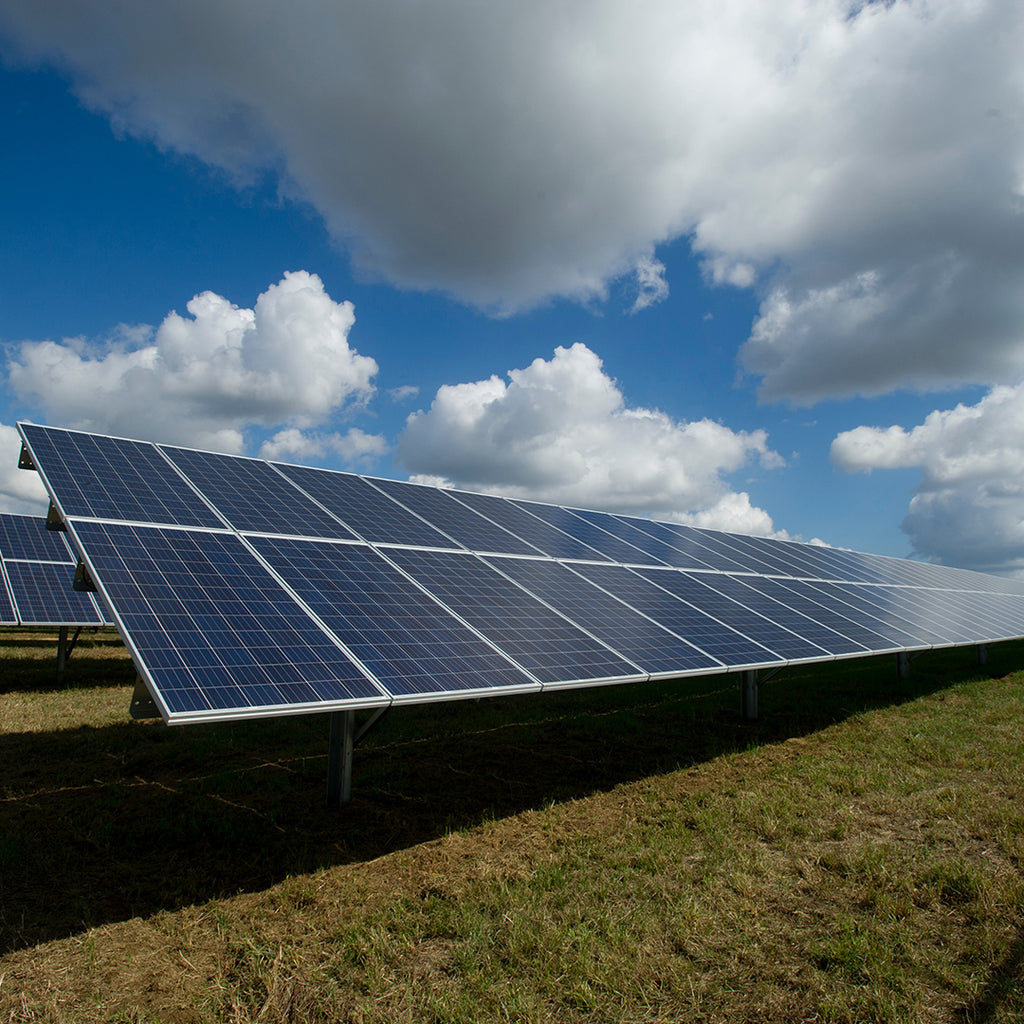
How To Live Off The Grid: 10 Preparation Tips
Off-the-grid living and being self-sustainable is a rather attractive ethereal concept. No matter how deeply you want to get into it, there's always something in the way of taking that important first step. Many people in America and across the world want to live off-grid. They want to break free from the traditional homes and landlines, and they want to not support federal government spying efforts.
However, off-grid living ideas can be tricky. It often requires large amounts of planning and preparation before you set up your home away from the rest of civilization. If you're considering how to live off the grid, then you probably want to know exactly what it takes. Many people have successfully moved away from society and into that of a backwoods hermit, but this isn't for everyone. Here are 10 tips that may prove useful for you as you endeavor to know how to survive off the grid.
1. Find The Perfect Rural Location

The first step to living off the grid is finding the perfect rural location. You want to find a place that doesn't have too many neighbors or people around, but it needs to be close enough to civilization that you can get supplies when you need them.
Make sure that your new home is located in a place with access to water and electricity, whether already installed or the place has the capacity for DIY-built ones before you move in. You don't have to have running water or a power line installed, but at least make sure that an electrician, plumber, or yourself can hook your new home up when the time comes.
2. Save Up Money To Get Off The Grid

The second thing you need to do before you move off the grid is to save up enough money to support yourself and your family while you're getting settled into your new lifestyle. You'll also want to have enough money to get some things installed. This could mean working extra hours or taking on an extra job if necessary until you have enough saved up.
It’s important to start saving up money now so that you can make the transition as smoothly as possible. You need to have enough money saved up so that you don’t have to work for a while and can focus on other things like preparing for your new life.
Knowing how to get off the grid fast and quick means considering using your credit card to purchase everything that you need until you can finally get rid of it altogether. Just be careful not to go overboard and spend more than what is necessary just so that you can get things done faster.
3. Build or Buy a Home Off the Grid
If you're ready to move off-grid, the next preparatory step is to choose which type of home will best suit your needs. You can buy an existing minimalist off-grid house in the country or build one from scratch. If you have the skills and resources, building your own home from the ground up is ideal. It gives you complete control over every aspect of the design and construction process, which means that you can create a home that meets all of your specific needs and preferences.
If you don't have the time or expertise necessary to build your own home, buying an existing property may be more feasible. This option allows you to purchase an already-built house at a lower price than if you were to hire contractors and pay for materials yourself. However, there are many things to consider when buying an existing home, such as how much work will be required before moving in, so you must do thorough research before choosing this option.
4. Develop a Plan For Your Routine

Living off the grid means being self-sufficient, and being able to live without the need for outside help. It means relying on yourself for everything from food, water, and shelter to entertainment and information.
Before you get started on your new lifestyle, it's important to think about how you want to spend your time. If you're going off-grid for environmental reasons, then perhaps you will be spending a lot of time outdoors in nature. Maybe you'll want to grow your food and raise animals for meat. Whatever your reason for going off-grid is, make sure that it fits within your lifestyle goals and ambitions.
5. Have a Backup Plan For Emergencies
Having a backup plan will help ensure that you can get through the crisis with minimal damage or loss of life. You should have supplies on hand that will last for at least 72 hours in the event of an emergency. These supplies should include food, water, and medical supplies as well as blankets and pillows in case people need to shelter in place until help arrives.
My favorite backup plan is having enough food and water stored up to last at least one month. You should also have a safe place you can go if there's a natural disaster or civil unrest in your area.
6. Learn How To Grow Food, Produce and Recycle Water

If you want to live off the grid, then you will need to learn how to grow your food. This includes planting seeds and growing crops from seedlings up to maturity. It also includes harvesting them so that you can eat them or sell them at marketplaces if necessary.
Produce your water: If you're going to live on a plot of land with no connection whatsoever, then you will need a way to get water for yourself and your family members every day. In some places, this may mean drilling into an underground aquifer or using rainwater collection systems such as rain barrels or cisterns (large containers).
7. Learn Some Off-the-grid Employment Skills
If you want to live off-grid, you need to know how to provide for yourself and your family. You don't necessarily have to be a farmer or rancher, but you should have some basic knowledge of how to make money, either by growing food or raising animals. Making money can come in different ways, simply choose one that works best for your skill and capability.
You should also know how to build things like furniture, fences, and sheds; how to dig a well; how to purify water and make it safe for drinking; how to catch rainwater in barrels; how to build an outhouse; how to build a solar oven; how to generate electricity using wind turbines or solar panels; etc. basically any useful, money-making skill.
8. Set Up Off-grid Power Sources

You can't run your household appliances without power, so setting up a portable power station is essential if you want to live off the grid. Solar panels are great because they're easily installed and require little maintenance over time. A backup battery can also be used as a backup power source if there's no sun available for your solar panels at any given time.
It is possible to live without being connected to the main power lines. However, it requires some preparation and planning. You need to set up an alternative source of power that will fulfill all your needs. The most common option is solar panels and Acevolt Campower but there are other alternatives you can try out.
Acevolt Campower is an independent power source that allows you to use your phone or camera while camping or hiking with no access to electricity. You can also use it as an emergency light during a power outage. It comes with solar panels and batteries to charge your devices on the go.
9. Prepare For the Social Aspect of Off-grid Living
When you live off the grid, it can be easy to feel isolated. Of course, many people enjoy being alone, but others need human contact regularly. This is especially true if you are moving off-grid with a family where there is little to no off-the-grid news. In fact, if you want to stay sane, all family members must be comfortable with the idea of living off-grid.
The key here is to make sure that your family is prepared for the social aspect of living off-grid. If they aren't prepared for this aspect, then it may cause conflict between them and other members of your community or even lead to some type of mental health issues like depression or anxiety.
Make sure that everyone knows what they are getting themselves into before making any major decisions about where you will live and how you will get there.
10. Prepare Yourself Mentally

Preparing yourself mentally is the last step to becoming self-reliant. You need to be prepared for anything, even if it seems unlikely that something bad will happen. You should have a positive attitude, be optimistic and have faith in yourself and your abilities. If you're not sure if you can do something, then you probably shouldn't try it.
Being prepared means being ready for any situation that might come up in an emergency or when living off the grid. It's important to be mentally prepared for any potential dangers or situations that may arise when living off the grid.
Conclusion
There are a lot of reasons why people might want to go off the grid, but there are also a lot of things that they need to think about. It's not as easy as just disconnecting yourself and walking away. To enjoy life without worrying about the comforts of the modern world, you have to plan in advance.























Leave a comment